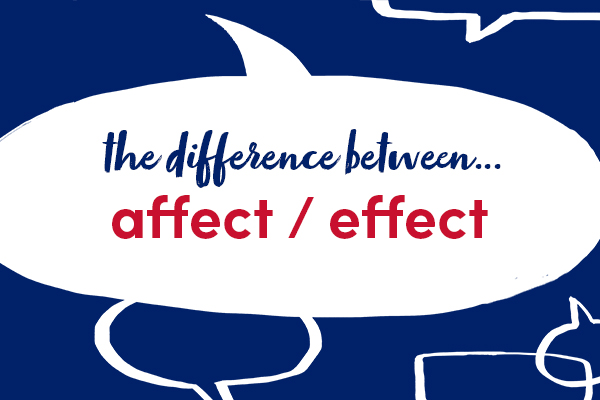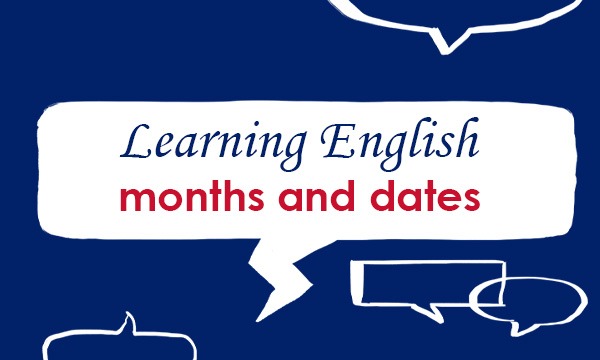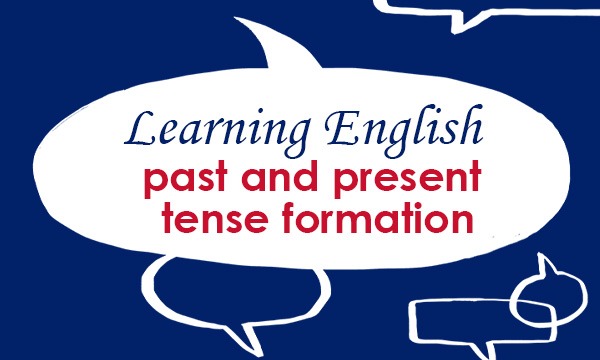This week we are looking at two words which are sometimes confused: affect and effect.
affect

Affect /əˈfekt/ is a verb.
To affect someone or something means to cause them to change, often in a negative way.
More than seven million people have been affected by drought.
The disease affected Jane’s lungs.
effect

Effect /ɪˈfekt/ is usually a noun.
An effect is something that happens or exists because something else has happened.
The report shows the effect of noise on people in the factories.
This has the effect of separating students from teachers.
You can say that something has a particular effect on something else.
Improvement in water supply can have a dramatic effect on health.
These changes will have a significant effect on our business.
Effect can also be used as a plural noun.
The effects in a film are the specially created sounds and scenery.
The scene includes some spooky sound effects.
Effect is sometimes a verb.
If you effect something that you are trying to achieve, you succeed in achieving it. This is a formal use.
The new law will give us the power to effect change.
Find out more in our English Usage article.
This blogpost is based on Collins COBUILD English Usage, written for learners of English. For more examples of English usage points, please visit: https://grammar.collinsdictionary.com/english-usage.
All opinions expressed on this blog are those of the individual writers, and do not necessarily reflect the opinions or policies of Collins, or its parent company, HarperCollins.



